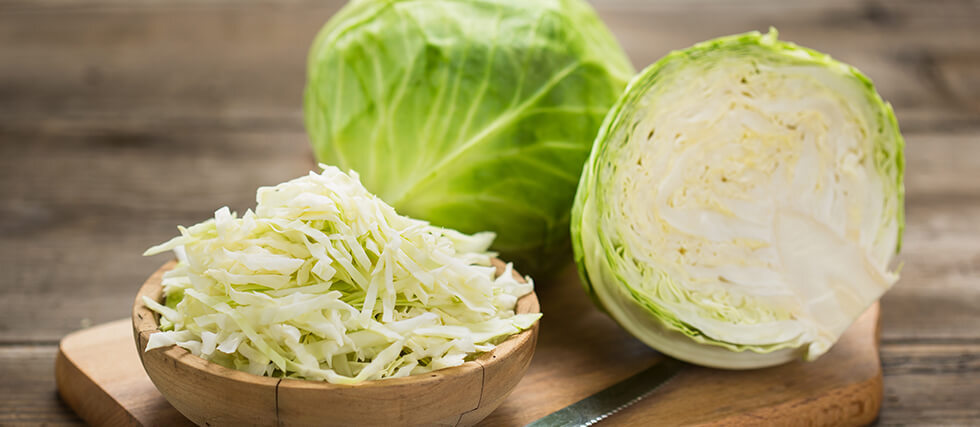The Surprising Benefits of Walking Backward for Your Body and Brain
Walking backward, or retro walking is quickly becoming one of the most underrated exercises for boosting both physical health and cognitive function. While it might look unconventional, research shows that reversing your stride can lead to forward momentum in fitness—especially for older adults.
This unique movement pattern engages muscles in new ways, improves balance and coordination, and challenges the brain far more than traditional walking. As a result, it strengthens the body and supports mental agility and memory. Walking backward can offer full-body benefits in just minutes a day, whether on a treadmill, in a hallway, in a pool, or at a fitness class.
Physical Benefits: Retro walking activates the same major muscle groups as forward walking—hip flexors, glutes, hamstrings, quadriceps, calves—but in a completely different way. Because the motion is unfamiliar, it challenges coordination and balance more intensely. This can help improve joint stability, strengthen the lower back, boost ankle and hamstring flexibility, and even relieve lower back and knee pain due to the reduced impact on joints.
According to a 2022 study published in PeerJ, walking backward can significantly enhance balance and motor control in older adults. It also burns more calories in a shorter amount of time due to the extra effort required to stabilize and coordinate each step.
Cognitive Benefits: Walking backward doesn’t just engage the body—it stimulates the brain. Studies show that it activates the prefrontal cortex, the area responsible for decision-making, problem-solving, and memory. Fascinatingly, a study in Cognitive Processing found that simply imagining walking backward improved participants’ memory performance.
The added cognitive load of maintaining spatial awareness and balance while moving in reverse offers mental benefits akin to brain-training exercises. It’s a physical workout and a mental one.
Getting Started Safely: For beginners, backward walking on a treadmill or in a clear hallway is ideal. Start slow—just 10 to 15 minutes a day can deliver results. Use support if needed, and ensure your environment is free of obstacles.
Walking backward is both a smart and safe way to enhance physical health and sharpen the mind.










